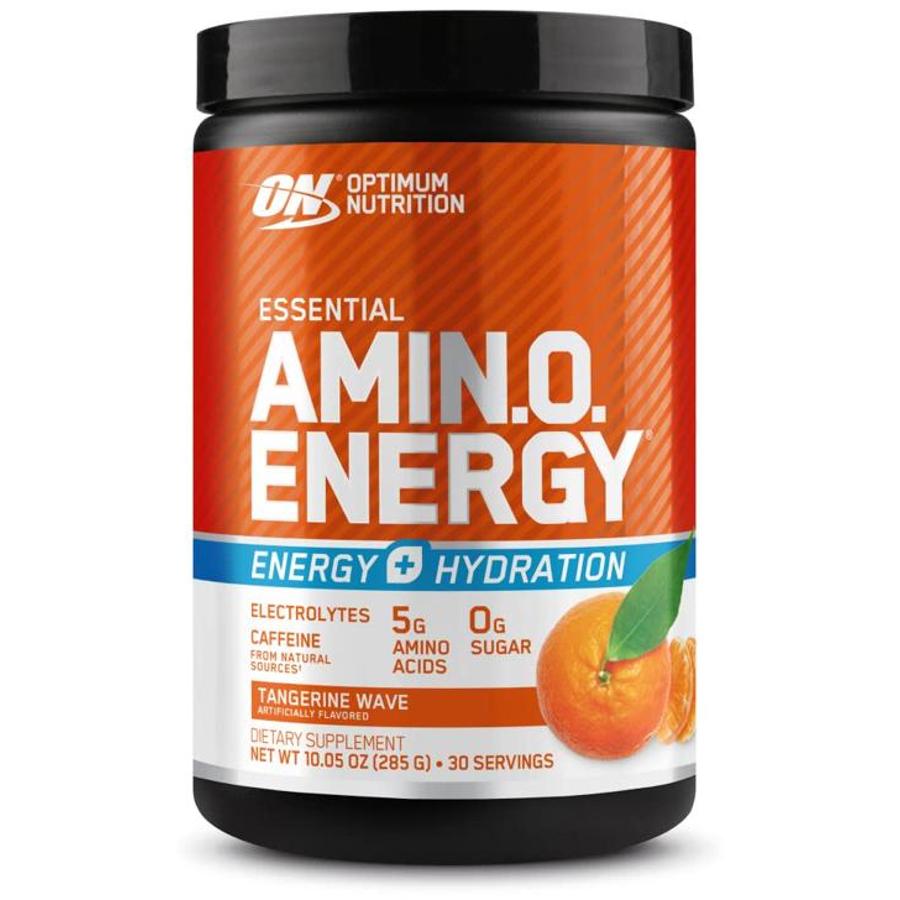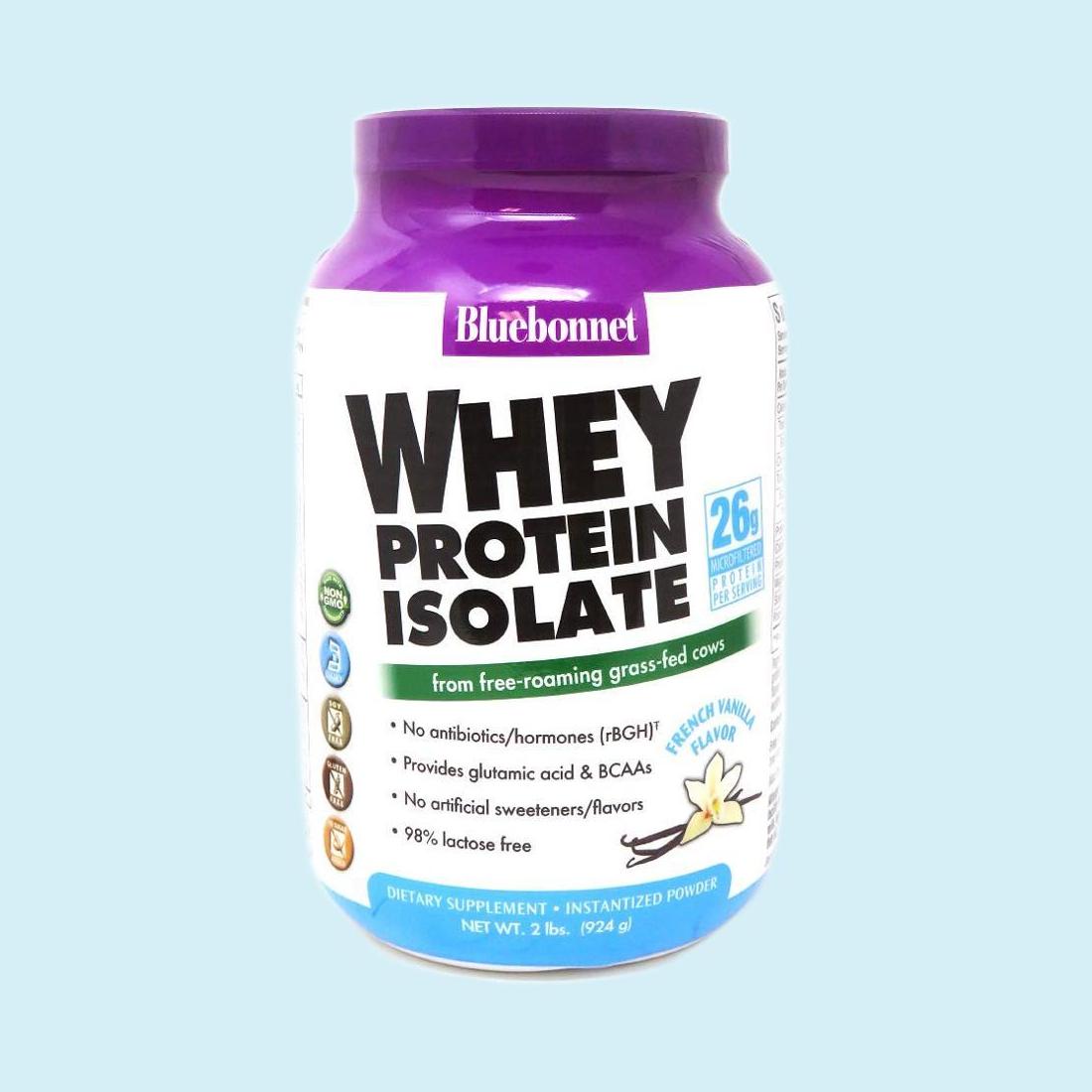The Myth of Complete Proteins: Understanding Amino Acid Profiles
Have you ever heard of the term ‘complete proteins’? In the health and wellness industry, this term is often thrown around, suggesting that certain foods contain all the essential amino acids our bodies need. But is this concept really accurate? In this article, we will debunk the myth of complete proteins and explore the importance of understanding amino acid profiles.
Explaining Amino Acids
To understand the myth of complete proteins, we first need to understand amino acids. Amino acids are the building blocks of proteins, which are essential for various bodily functions. There are different types of amino acids, including essential, non-essential, and conditional amino acids. Essential amino acids cannot be produced by the body and must be obtained through diet. Non-essential amino acids can be produced by the body, while conditional amino acids are only necessary in certain situations.
Here are some key points about amino acids:
- Amino acids are the building blocks of proteins.
- There are 20 different amino acids that can combine to form proteins.
- Essential amino acids cannot be produced by the body and must be obtained through diet.
- Non-essential amino acids can be produced by the body.
- Conditional amino acids are only necessary in certain situations.
Product Spotlight
Aggregate Rating
Our Rating
Amino Energy Plus Electrolytes by Optimum Nutrition is a versatile supplement that combines amino acids, caffeine, and electrolytes. It provides energy, supports muscle recovery, and helps replenish electrolytes lost during workouts. Perfect for active individuals seeking a refreshing boost.
Protein Quality and Amino Acid Profiles
Now that we understand amino acids, let’s delve into the concept of protein quality and amino acid profiles. Protein quality refers to the composition of amino acids in a particular protein source. Traditionally, the term ‘complete proteins’ has been used to describe foods that contain all the essential amino acids in the right proportions.
However, recent research has shown that focusing solely on complete proteins can be misleading. Instead, it is more important to consider the amino acid profiles of different protein sources. This means looking at the specific types and amounts of amino acids present in a food.
Here are some key points about protein quality and amino acid profiles:
- Protein quality is determined by the composition of amino acids in a protein source.
- The term ‘complete proteins’ can be misleading.
- It is more important to consider the amino acid profiles of different protein sources.
Product Spotlight
Aggregate Rating
Our Rating
Whey Protein Isolate offers a high-quality protein source for fitness enthusiasts. It contains 26 grams of protein per serving, is sourced from grass-fed cows, and is free from artificial flavors and sweeteners.
Complementary Protein Combining
One common misconception is that plant-based proteins are incomplete and need to be combined to create a ‘complete protein.’ While it is true that some plant-based proteins may be lower in certain essential amino acids, it is not necessary to combine them in every meal to obtain all the essential amino acids.
Here are some key points about complementary protein combining:
- Plant-based proteins can provide all the essential amino acids when consumed in a varied diet.
- Complementary protein combining is not necessary in every meal.
- Variety in protein choices is important to ensure a well-rounded amino acid intake.
Debunking the Myth of Complete Proteins
The idea that complete proteins must be consumed at every meal is a myth. Our bodies have the ability to store and recycle amino acids, making it unnecessary to obtain all essential amino acids in every meal. Instead of obsessing over complete proteins, it is more important to focus on overall dietary balance and meeting protein needs.
Here are some key points to debunk the myth of complete proteins:
- Our bodies can store and recycle amino acids.
- It is unnecessary to obtain all essential amino acids in every meal.
- Overall dietary balance and meeting protein needs are more important.
Conclusion
In conclusion, the concept of complete proteins is a myth. While it is important to obtain all the essential amino acids through diet, focusing solely on complete proteins can be misleading. Understanding amino acid profiles and ensuring a varied and balanced diet is key to meeting our protein needs.
References:


